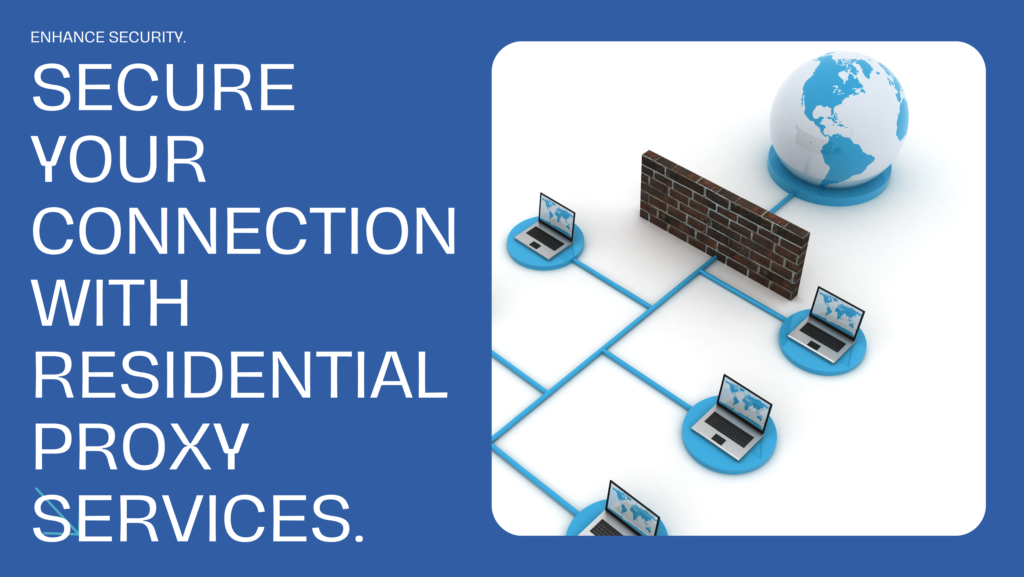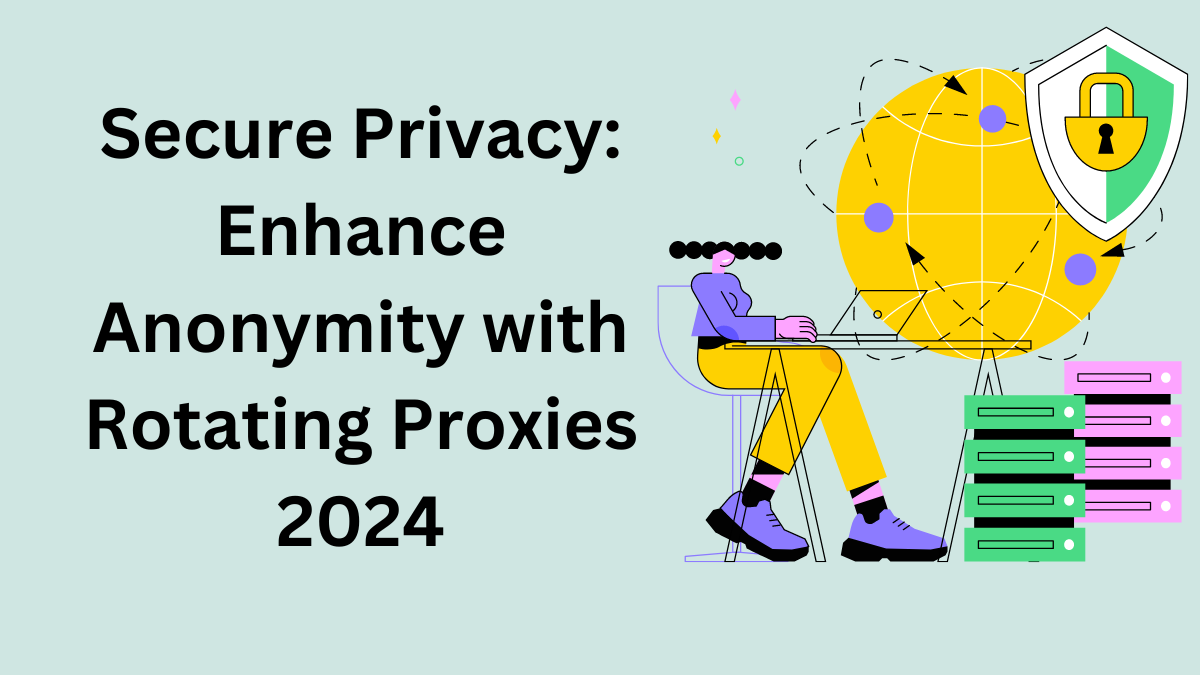In an era where online security is paramount, residential proxy services have emerged as a crucial tool for safeguarding personal and business data. By routing internet traffic through residential IP addresses, these proxies offer enhanced anonymity, privacy, and security. In this comprehensive guide, we delve into the world of residential proxy services, exploring their benefits, applications, and best practices for optimal security.
Understanding Residential Proxies

Residential proxies are intermediary servers that route users' internet traffic through residential IP addresses provided by Internet Service Providers (ISPs). Unlike datacenter proxies, which use IP addresses hosted on servers, residential proxies utilize real residential addresses, making them appear as regular internet users.
Residential proxies act as a buffer between the user and the internet, masking their actual IP address and providing a layer of anonymity. This technology is particularly useful for tasks that involve web scraping, data mining, market research, and accessing geo-restricted content.
Enhanced Security Features
Dynamic IP Rotation
Residential proxy services often offer dynamic IP rotation, which involves automatic switching between different IP addresses at predefined intervals. This feature enhances security by preventing websites from detecting and blocking the proxy's IP address, thereby ensuring uninterrupted access.
Encrypted Data Transmission
Many residential proxy providers offer encrypted data transmission, ensuring that all communication between the user's device and the internet is secure. By encrypting data, residential proxies protect sensitive information from interception and unauthorized access, enhancing overall security.
Applications of Residential Proxies
Web Scraping and Data Collection
Residential proxies are extensively used for web scraping and data collection purposes. Businesses leverage these proxies to gather market intelligence, monitor competitor activities, and extract valuable data from websites without being blocked or detected.
Bypassing Geo-Restrictions
Residential proxies enable users to bypass geo-restrictions imposed by websites and streaming platforms. By routing traffic through IP addresses from different locations, users can access region-locked content, including streaming services, social media platforms, and online marketplaces.
Optimal Security with Residential Proxy
Residential proxies play a pivotal role in ensuring optimal security for individuals and businesses operating in the digital realm. By masking users' IP addresses, encrypting data transmission, and offering features like dynamic IP rotation, these proxies mitigate the risk of cyber threats and enhance online privacy.
FAQs (Frequently Asked Questions)
1. How do residential proxies differ from datacenter proxies? Residential proxies use real residential IP addresses provided by ISPs, while datacenter proxies utilize IP addresses hosted on servers. This distinction makes residential proxies more reliable and difficult to detect by websites.
2. Can residential proxies be used for social media management? Yes, residential proxies are commonly used for social media management tasks, such as account management, content posting, and engagement. They help users avoid IP bans and restrictions imposed by social media platforms.
3. Are residential proxies legal to use? Yes, residential proxies are legal to use for legitimate purposes. However, users should refrain from engaging in illegal activities or violating the terms of service of websites and online platforms.
4. How can I ensure the security of my residential proxy connection? To enhance security, choose a reputable residential proxy provider that offers encryption, IP rotation, and other security features. Additionally, avoid sharing your proxy credentials and regularly update your security measures.
5. Can residential proxies be detected by websites? While residential proxies are more difficult to detect than datacenter proxies, some websites employ advanced detection techniques to identify proxy traffic. However, reputable residential proxy providers implement measures to minimize detection and ensure seamless browsing.
6. What is the significance of IP rotation in residential proxies? IP rotation involves switching between different IP addresses to prevent websites from detecting and blocking proxy traffic. This feature is essential for maintaining anonymity, avoiding bans, and ensuring uninterrupted access to online resources.
Conclusion
In conclusion, residential proxy services offer a reliable and effective solution for enhancing online security and anonymity. By leveraging residential IP addresses, encrypted data transmission, and advanced features like dynamic IP rotation, users can mitigate the risk of cyber threats and safeguard their digital footprint. Whether for web scraping, bypassing geo-restrictions, or social media management, residential proxies play a crucial role in optimizing security in today's interconnected world.




